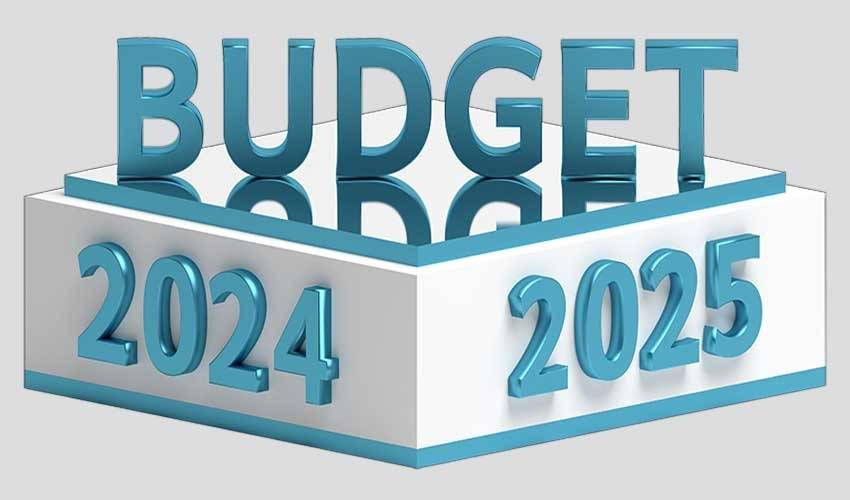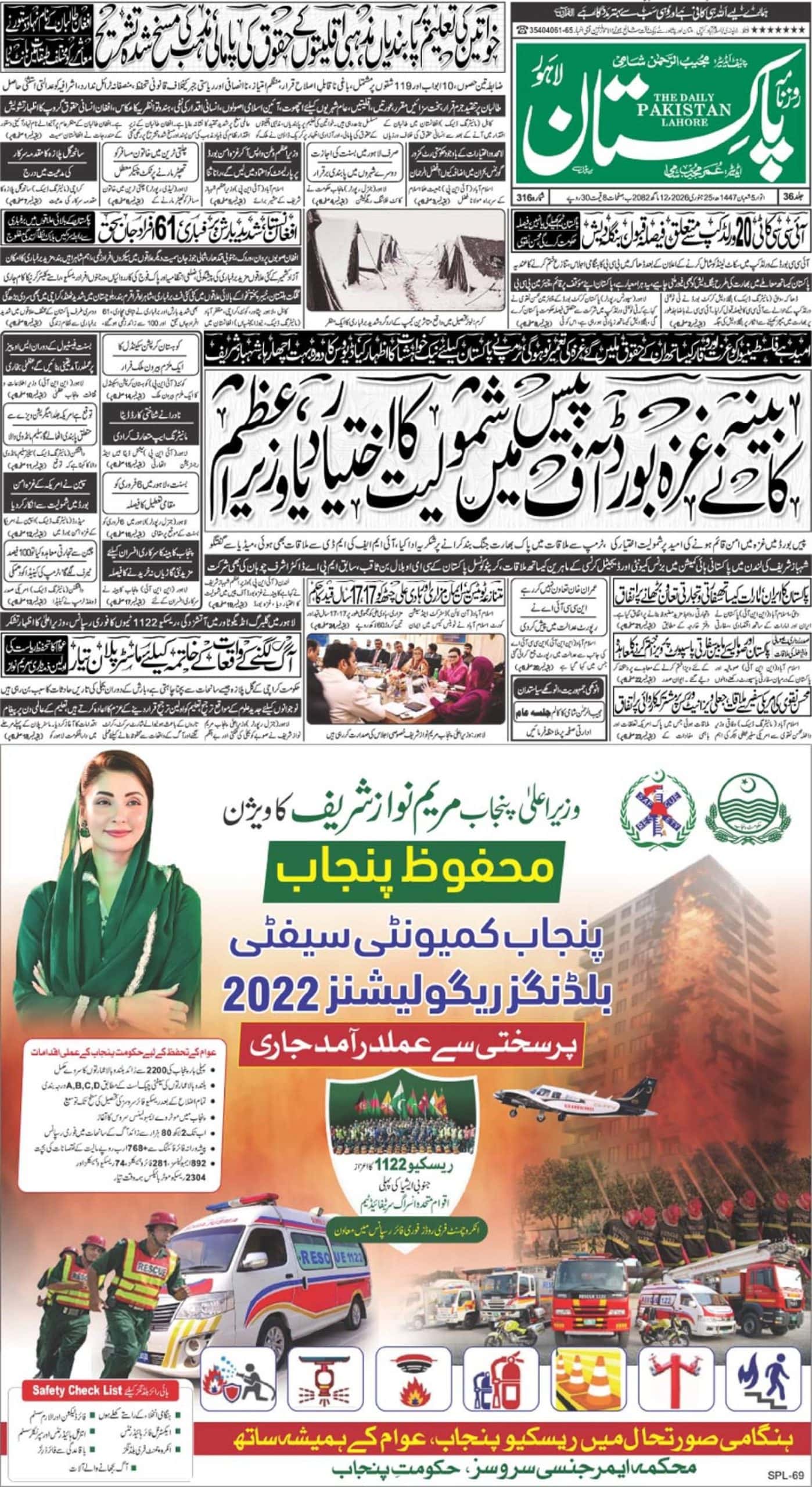The Khyber Pakhtunkhwa Assembly is poised to present a significant surplus budget of Rs1,754 billion for the forthcoming fiscal year, with estimated expenditures standing at Rs1,654 billion.
This budget, endorsed by the provincial cabinet and scheduled for unveiling by KP Finance Minister Aftab Alam during an assembly session on Friday, signifies a comprehensive financial strategy aimed at tackling pivotal developmental challenges while upholding fiscal stability and fostering economic progress, according to official documents.
In the proposed budget for the fiscal year 2024-25, the total projected income stands at Rs1,754 billion. This income encompasses Rs1,212 billion to be acquired through diverse channels such as federal revenue distribution, oil and gas levies, net electricity profits, and associated arrears. The province anticipates generating Rs93.5 billion from its own sources, with an additional Rs130 billion expected from foreign loans and grants.
A substantial portion of the budget, totaling Rs1,237 billion, has been allocated towards salaries, pensions, and various non-developmental expenditures. Moreover, a development budget of Rs400 billion has been earmarked, with Rs130 billion sourced from foreign loans.
The budget also introduces several key proposals aimed at enhancing citizen welfare and driving economic growth. Notably, the minimum wage for laborers is slated to increase to Rs36,000. Additionally, new tax reforms are on the horizon, including a reduction in the tax rate for land transfers from 6% to 3%.
In a proactive move to bolster revenue generation, the budget proposes the implementation of a new tax dubbed the Vehicle Road User tax, targeting vehicles registered outside the province. Furthermore, a novel tax on tobacco companies in the form of provincial excise duty is recommended. The proposals also encompass a Rs10 billion allocation for providing youth with business loans on favorable terms.
The budget encompasses ambitious social welfare initiatives, including the ‘Apna Ghar’ scheme aimed at addressing homelessness and the ‘Hunar Program’ designed to offer vocational training opportunities.














